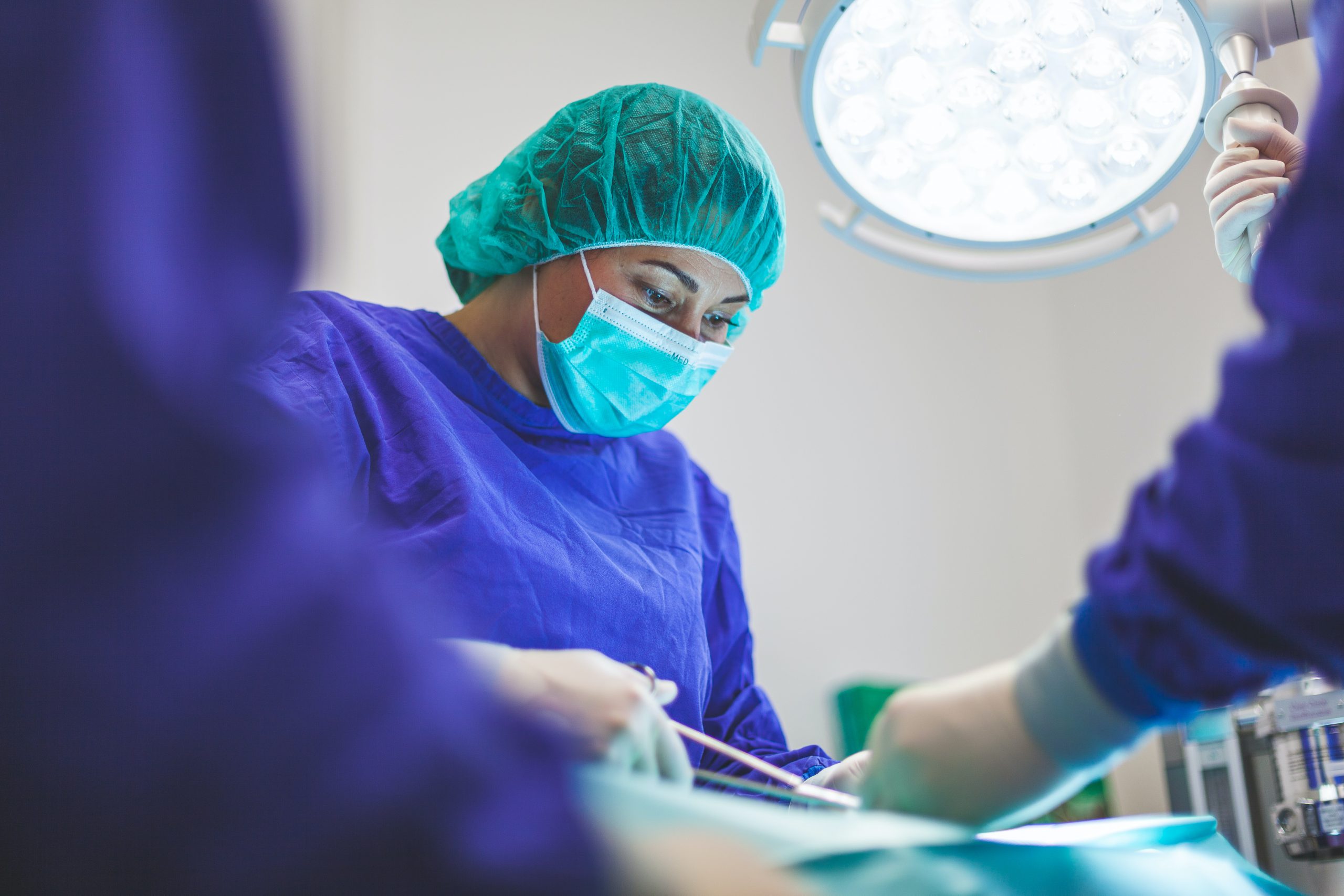Did you know that 55,663 hospitals in the US have accommodated medical-surgical intensive care in 2020? That’s according to a report published by the American Hospital Association (AHA). This provided more intensive care than the usual medical and surgical care based on physicians’ orders and approved nursing care plans.
The statistics alone show how surgeries are required to be performed even in the midst of a global pandemic. In fact, some less impacting ones have to be momentarily put on hold to accommodate and treat COVID-19 patients. For this reason, many patients are actually still waiting for their surgeries to be performed.
In this article, we’ll share with you what to expect before and after surgery during this COVID-19 crisis.
Before the surgery
Before the surgery, it is expected that patients will be invited for physical and medical assessments. The purpose is to examine which conditions are urgent and which can still be delayed due to the current COVID-19 outbreak.
For those with urgent conditions, a schedule will be set in place, while special precautions and measures are advised for less serious ones. Know that a patient can have the assessment in person with a nurse or doctor or through telehealth solutions, whether via video, phone, or email. Here’s what to expect:
- You will have a checkup with a doctor or nurse to determine the details of your medical history.
- You will undergo several lab works, x-ray, and other tests (depending on your specific condition).
- You and your doctor will agree on the schedule of your operation. Proper expectations in all aspects will also be set.
As the patient, it’s best to get complete information about the surgical operation before the scheduled date so that you’ll be well-informed. While you’re at it, be sure to ask the following:
- The duration of your hospital stay
- The essentials to bring for your stay
- The medications to take and not to take
- The foods and drinks to consume and stop taking
- The time you can go home or if you need to stay in a nursing home
- The safety measures against coronavirus contact
After the surgery
On the other hand, you must also know what to expect after the surgery and thereafter. For instance, you can expect to have regular exercises with a physiotherapist after a hip or knee surgery. If you only have cataract surgery as an outpatient service, you can expect to go home after a few hours. As your recovery depends on your health condition and the type of surgery you’ll get, be sure to discuss everything with your doctor. While you’re at it, be sure to ask the following:
- The time you can go home
- The difference in your condition after
- The impact on your lifestyle and day-to-day activities
- The need for physical therapy, occupational therapy, or chiropractor healthcare
- The special precautions you’ll need (such as climbing stairs or lifting items)
- The time when you can drive
- The time when you can get back to work
Conclusion
At this point, you now know what to expect before and after surgery, given the crucial COVID-19 crisis that is affecting everyone worldwide. When you’re talking with a healthcare professional, be sure to ask relevant questions by considering all the valuable tips mentioned above. Despite the ongoing crisis, your goal is to have a successful surgery and fast recovery, and ultimately have a healthy life!
We cover health and medical news in the US while regularly publishing the latest facts, news, and tips in the healthcare industry. If you’re looking for medical information about various types of surgeries, subscribe to our website and read our wide array of health news articles!


















